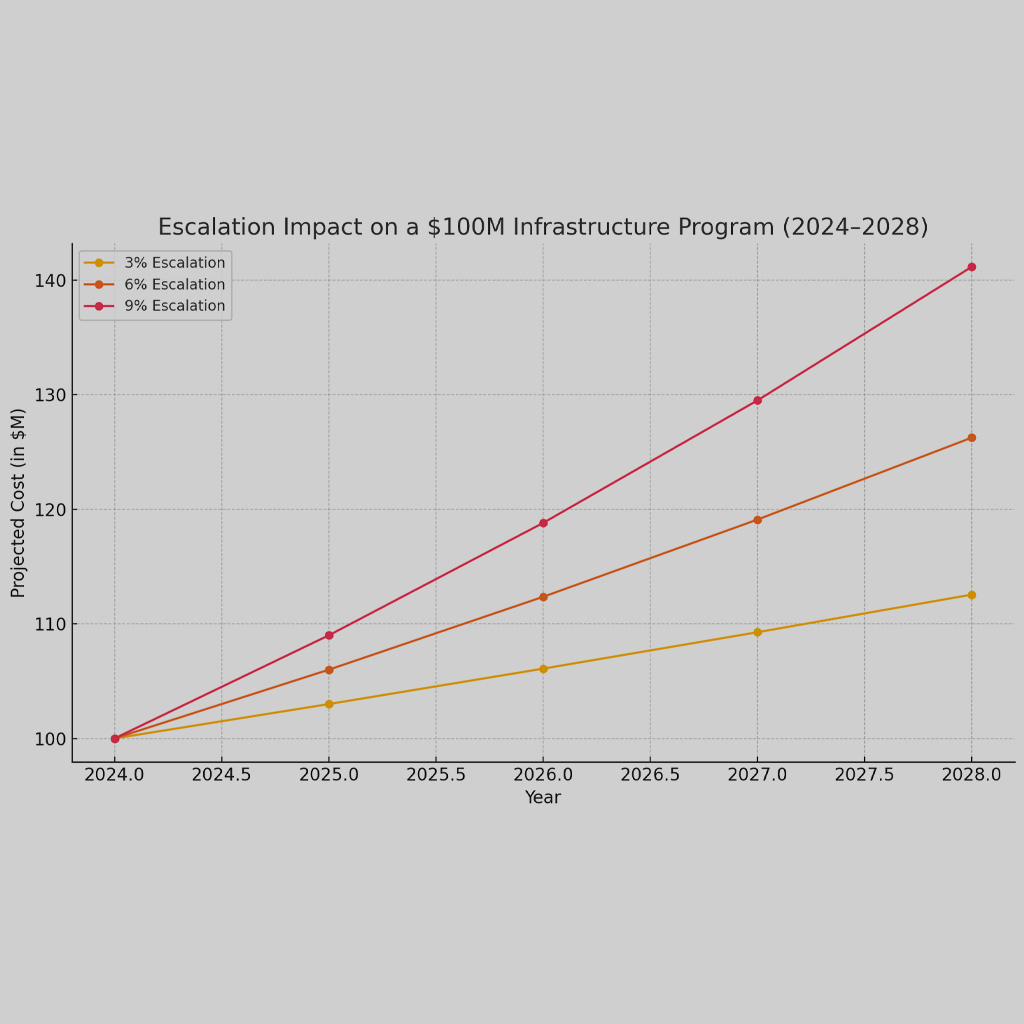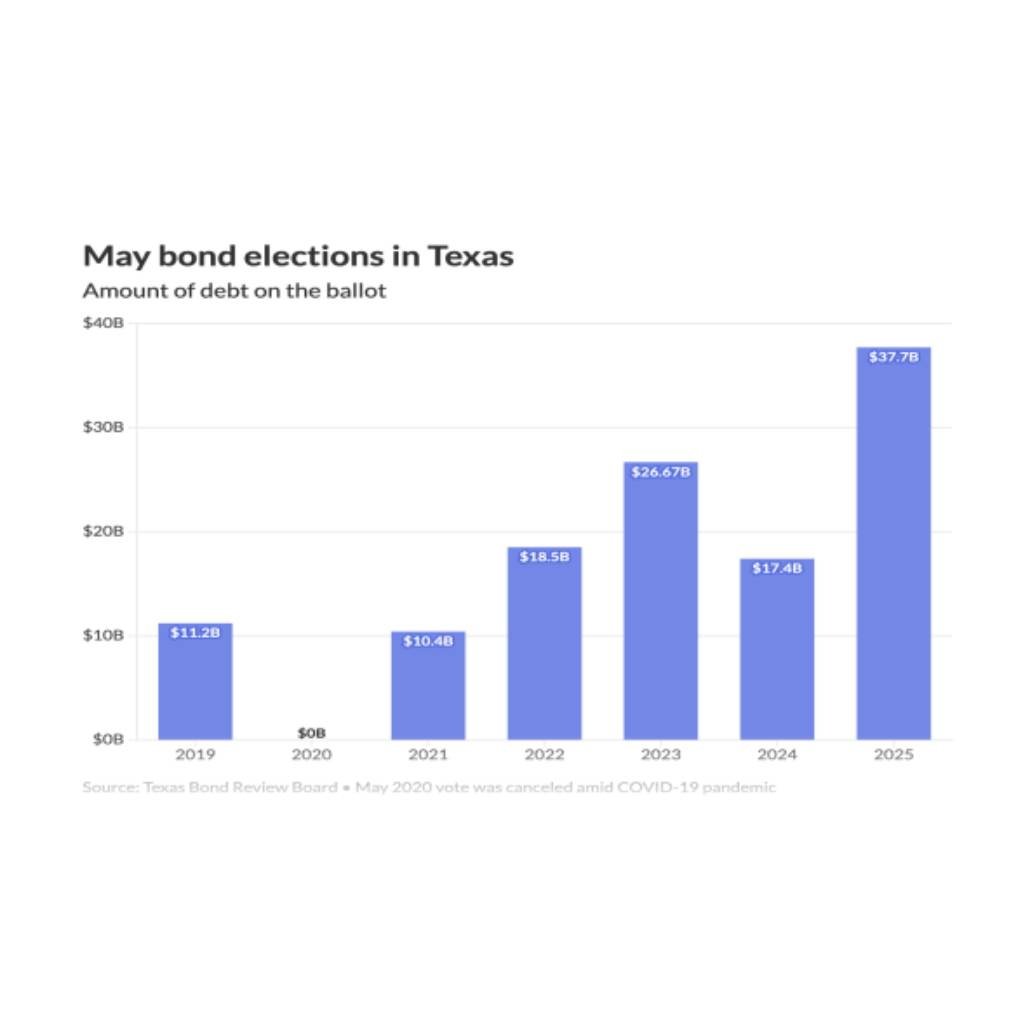The world of municipal financing can often be complex, but it is vital for taxpayers to understand the key differences between the tools at the disposal of their local government. In the face of major improvements to county facilities, the El Paso County Commissioners Court is considering issuing up to $100 million in debt without voter approval – known as Certificates of Obligation (COs) – alongside voter-approved General Obligation bonds. Here’s what you need to know.
Voter-Approved Bonds – A Democratic Approach to Funding
Voter-approved bonds are a classic mechanism for financing public projects. As the term implies, these bonds cannot be issued without gaining approval from the majority of voters within a jurisdiction. They are a direct expression of democracy, allowing residents to have a say in funding important capital projects such as building schools, developing public parks, or, as is the case in El Paso, significant improvements to county facilities.
Under consideration in El Paso is a potential multi-million dollar bond issue slated for the November 2024 ballot. If the county’s plan is approved by the voters, the bonds will be issued, providing the necessary funds for various capital improvement projects. The bonds are then repaid over time with interest.
Certificates of Obligation – Swift Response to Urgent Needs
Certificates of Obligation, on the other hand, are a financial instrument that enables local governments to raise funds quickly without needing to hold a bond election. Though public notices and hearings are required, COs are often favored when time is of the essence or when the projects in question are smaller and less likely to be contentious.
El Paso County is considering the use of $100 million in COs for certain projects, with the issuance proposed for January. These funds will be used for critical improvements, reflecting the flexibility and speed of this financial tool.
When are Certificates of Obligation Used?
COs tend to come into play when funds are required swiftly, and the process of holding a bond election is not practical or feasible. These could be emergency situations, like infrastructure damage following a natural disaster, or less controversial projects that command wide community support and are unlikely to face opposition in a bond election.
However, it’s essential to note that even if COs don’t increase the tax rate, they could still lead to higher tax bills for homeowners if property valuations increase. Plus, a successful petition could oppose the issuance of debt without voter approval. This was the case when the University Medical Center of El Paso attempted to issue $346 million in COs.
Furthermore, selecting which projects to finance through COs versus voter-approved general obligation bonds is crucial, as local governments can’t issue COs for any bond projects rejected by voters for up to three years following the bond election.
In El Paso County, for example, the potential bond issue for the November 2024 ballot will be a strategic move, aimed at leveraging the higher voter turnout of a presidential election year. The county’s projects will undergo rigorous vetting, both internally and with public input, ensuring a comprehensive and inclusive approach to improving the county’s facilities.
In the end, the strategic use of voter-approved bonds and Certificates of Obligation underscores the commitment of El Paso County to diligently prioritize projects, manage its debt, and maintain lower taxes, all while facilitating essential improvements to benefit its residents.
At Front Line Advisory Group, we are pioneers in Capital Improvement Bond Management, leveraging unparalleled expertise and deep industry insights. Our mission extends beyond consultation – we empower our clients to realize the full potential of their investments, ensuring tax dollars are put to maximum use through astute Program Management Consulting. For more information or to commence your journey towards transformative bond management, reach out to us at info@frontlineadvisorygroup.com
Related Articles
County considers $200 million in projects – with and without voter approval













